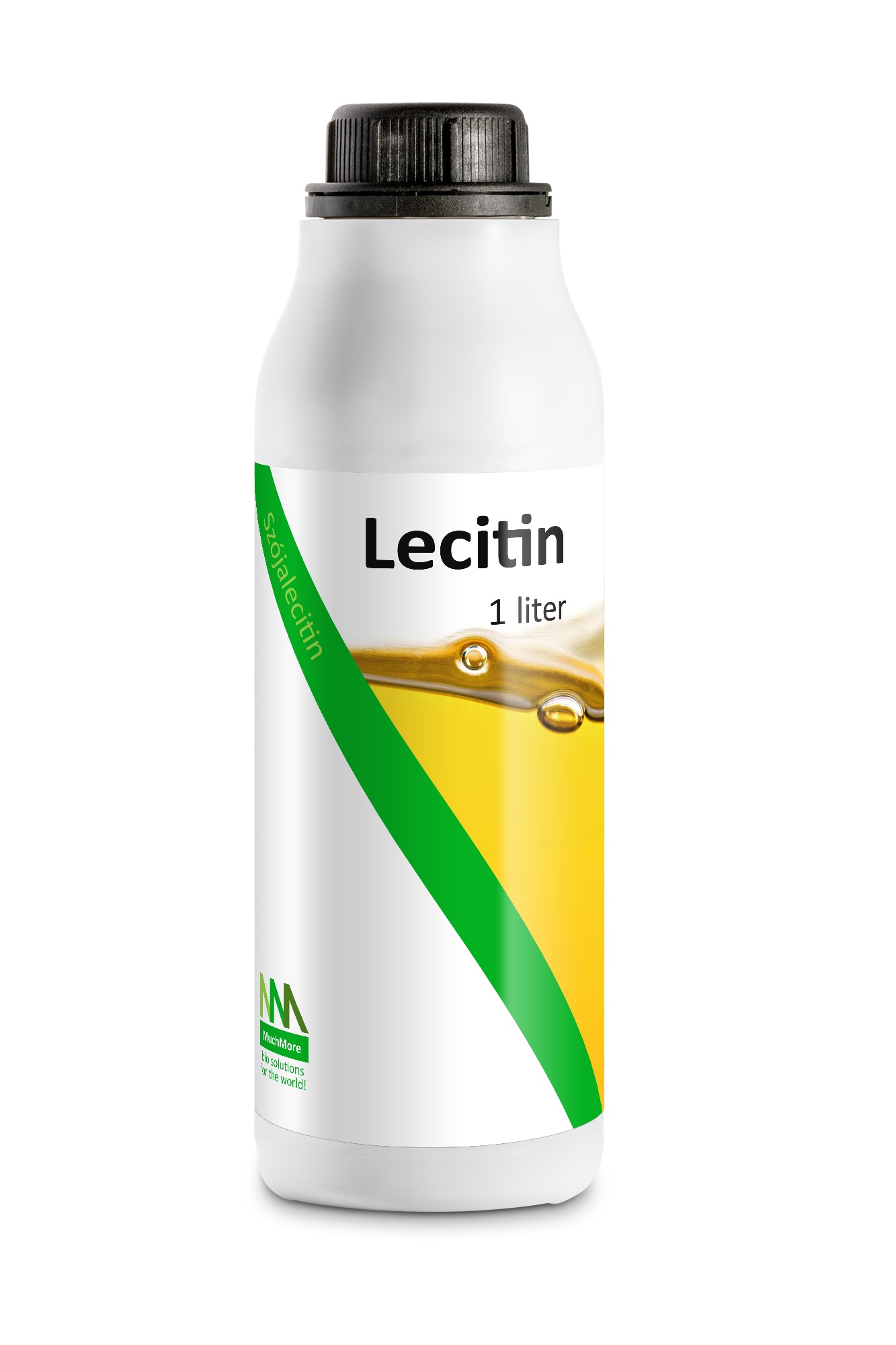Lecithin 1 l
| HUF 11,764 * (nettó: HUF 9,263) | |
Introduction to Lecithin:
Naturally acts to build up resistance to pathogenic fungi. Stops fungi from multiplying and spreading. Liquid consistency, natural soy extract.
How does Lecithin work?
After application, it forms a cell-strengthening membrane that thickens the cell wall. Lecithin creates adverse conditions for the growth and multiplication of fungi. It reduces cell necrosis. It can be used in all horticultural crops, both in the field and in indoor cultivation. The dose is determined according to the risk of infection and the intensity of infection on the plant. In vegetables, sprays can be applied from the petiole stage to full maturity. Lecithin is a herbal formulation containing the active ingredient soya lecithin, which stimulates the production of phytoalexins. It is recommended to use 2-12 times a year.
Dosage and use:
For vegetables:
60 ml to 10 litres of water. In cucumbers against powdery mildew (Podosphaera xanthii, Golovinomyces cichoracearum) 2-6 times with a minimum spray interval of 5 days, in lettuce against powdery mildew (Golovinomyces cichoracearum) 2 times with a minimum spray interval of 7 days.in tomatoes against tomato blight (Phytophthora infestans) and Alternaria cichorii (Alternaria cichorii) 2-6 times with a minimum spray interval of 7 days.
In ornamental plants:
Primarily in roses: 20ml to 10L water. Treatments against powdery mildew and other fungal diseases should be carried out 3-12 times with a minimum spray interval of 5 days. Use in the morning or evening is recommended.
In organic fruit production:
50ml to 10L water. In apples, against powdery mildew (Podosphera leucotricha) and in peaches against leaf blight (Taphrina deformans) on mixed and leaf bud swelling.may be used from 3 to 12 times from the end of fruit growth to the end of fruit growth, with a minimum spray interval of 5 days.
In grapes:
40-50ml to 10L water. Spraying from the beginning of leaf development is recommended for peronospora and powdery mildew.3-12 times depending on the risk of infection, with a minimum spray interval of 5 days.
As they cannot be mixed:
It can be mixed with any material with a pH not greater than 8 and does not form a precipitate in aqueous solution. It is advisable to carry out a mixing test first.
Important information:
Always spray in the morning or evening. The temperature range for use of the product is 0-30 °C, so take the possible scorching effect into account. Use any sprayer. In humans, large quantities of the substances contained in hives may cause irritation to the eyes or skin, especiallyFor those sensitive to formic acid, wear closed clothing and glasses when spraying!
| Weight: | 1 kg |
|---|---|
| Aviability: | 1-4 nap |
| Basic sales unit: | db |
| Culture: | Díszkert, Dísznövény, Gyümölcs, Pázsit, Szobanövény, Szőlő, Zöldség |
Login
Login
